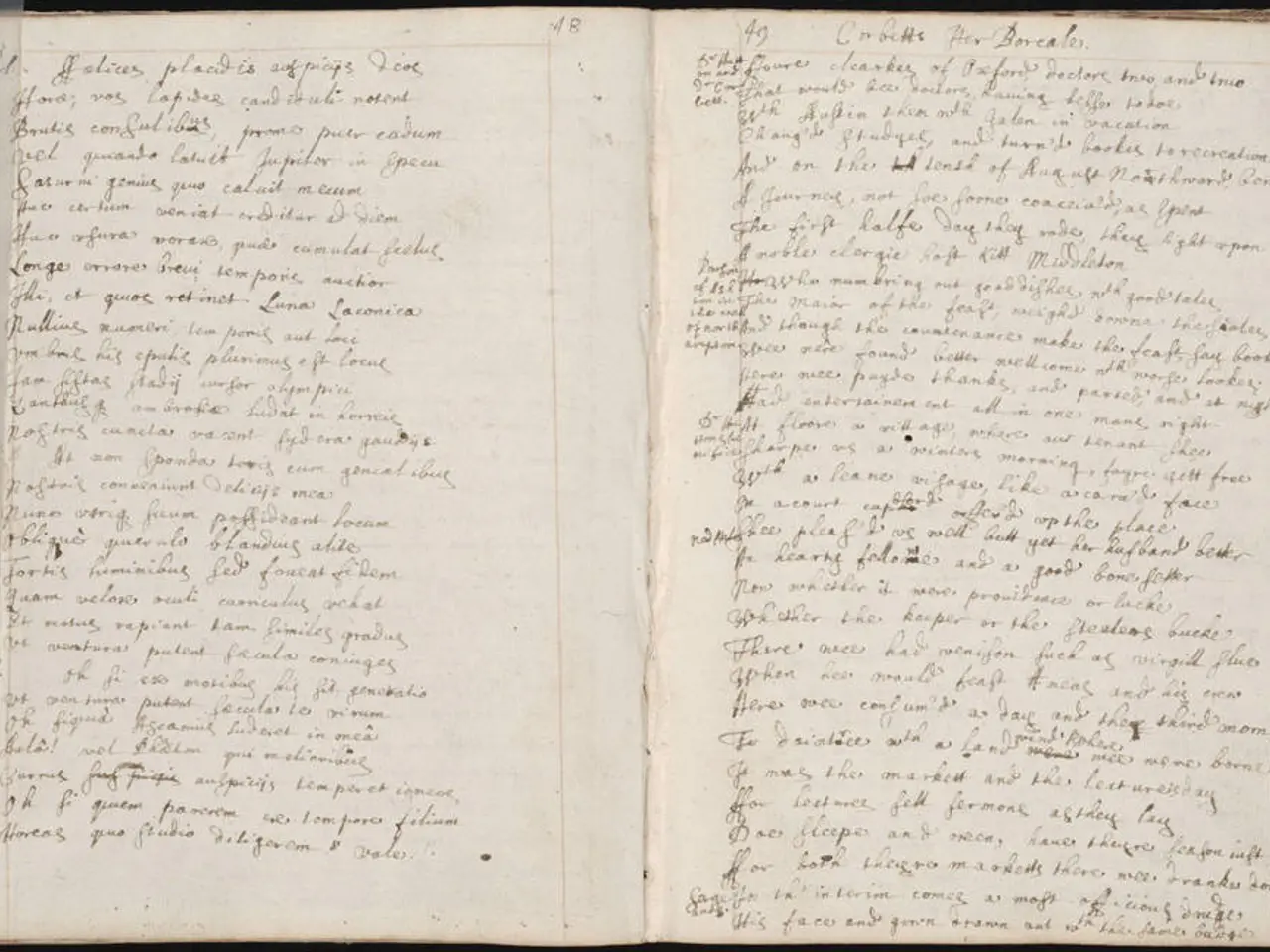Embracing Now: The Key to Engaging with Present-Tense Writing
In the realm of fiction writing, the present tense has a unique ability to transport readers directly into the heart of the story. This article explores the effective use of present tense, providing examples, benefits, and potential drawbacks.
### Utilising Present Tense in Fiction
The present tense offers a compelling way to narrate events as they unfold, creating an immediate connection with the reader. Consider the opening line of V.E. Schwab's *The Invisible Life of Addie LaRue*: "A girl is running for her life." This sentence immerses readers in the action, making them feel as if they are part of the scene.
Moreover, first-person or close third-person narration can deepen the bond between character and reader. Margaret Atwood's *Alias Grace* exemplifies this with its opening line, "It's 1851. I'll be twenty-four years old next birthday." The use of present tense in this context builds an intimate relationship between the character and the reader.
Present tense also allows for seamless integration of character thoughts, making internal reflections feel immediate. For instance, the use of italics for internal thoughts or narrative tags, as seen in *Life of Pi* and *The Hunger Games*, conveys the character's thoughts without disrupting the flow of the narrative.
Experimenting with narrative structure is another strength of present tense. It supports non-linear storytelling or fragmented narration, adding complexity when appropriate.
### Examples of Present Tense in Fiction
| Example | Description | |---|---| | "A girl is running for her life." (*The Invisible Life of Addie LaRue*) | An immediate, action-based opening that engages readers instantly [1]. | | "It's 1851. I'll be twenty-four years old next birthday." (*Alias Grace*) | First-person present tense builds intimacy and character voice [1]. | | Internal thoughts in italics or with narrative tags | Enhances immediacy of character perspective, e.g., "I will not die." in *Life of Pi* or "I think bitterly." in *The Hunger Games* [3]. |
### Advantages of Present Tense in Fiction
- **Creates immediacy and engagement**: Readers feel transported into the scene as it happens, increasing tension and emotional impact [2].
- **Enhances intimacy with characters**: When paired with first-person narration, readers gain direct access to the character’s thoughts and feelings [2][3].
- **Supports experimental structures**: Present tense works well with non-linear, fragmented, or multiple narrative voices, enriching literary complexity [2].
### Disadvantages of Present Tense in Fiction
- **Limits narrative perspective scope**: Present tense often restricts shifts in time and viewpoint more than past tense, possibly reducing narrative flexibility [2].
- **Can feel tense or exhausting**: The relentless ‘now’ perspective may tire readers or writers if not balanced properly or if scenes lack variation.
- **Requires skill to avoid awkward phrasing**: Maintaining present tense consistently without slips or unnatural sentences demands careful editing.
In conclusion, the present tense is a powerful tool for creating immediacy and intimacy, especially in first-person or tightly focused third-person narratives. Writers should balance its intensity with mindful pacing and narrative structure to mitigate its limitations [1][2][3]. Reading books written in the present tense can be beneficial for writers who aspire to write one themselves. The passage provided is an example of writing in the present tense. It is essential to note that the Present Perfect Tense, which describes actions that have already been completed before the story's "now," was not included in the examples provided.
Publisher Rocket might find 'book marketing' strategies more effective when targeting books written in the present tense due to their immediate and engaging nature, often leading to increased reader engagement on platforms like Amazon Ads.
Writers seeking to improve their 'education-and-self-development' in fiction writing can benefit from studying examples of present tense usage in award-winning books such as 'Alias Grace' and 'The Invisible Life of Addie LaRue', as they offer valuable lessons in creating immediate connections with readers through 'learning' from these authors' storytelling techniques.




